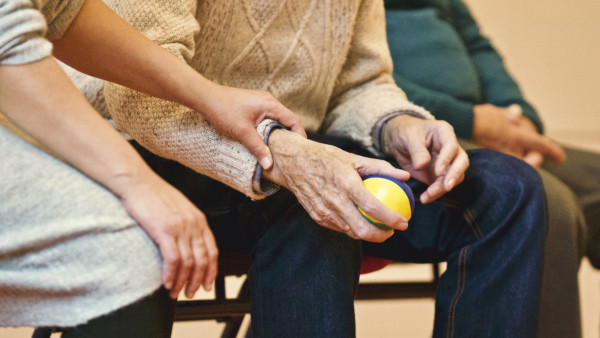

Struggling homeowner pensioners are the group most likely to miss out on state benefits, according to analysis from Just group.
Figures from the Office for National Statistics showed retired households with the lowest incomes (the 10th decile) receive the lowest benefits at £806 a year on average, excluding the state pension.
At the same time more than half of retired homeowners miss out on state support because they fail to claim it or claim too little, with an average £1,013 going unclaimed in 2017, Just found in earlier research.
This means the 'property rich, cash poor' are most likely to miss out on support they are entitled to, according to the provider.
Just found the 20 per cent with the lowest incomes and the 30 per cent with the greatest incomes were more likely to be owner occupiers than any other group with almost nine out of 10 (89 per cent) of the lowest income group owning their homes.
Stephen Lowe, group communications director of Just, said: "This research is striking because it shows the received wisdom that people on the lowest incomes get the most in benefits is turned on its head in retirement.
"We noticed that there is a surprisingly high rate of home ownership among retired households who have the least annual income.
"It is likely that some chose to buy homes rather than save into a pension and now find themselves property rich, cash poor and struggling in retirement."
Mr Lowe said there was a worry these people, despite having the lowest incomes, did not appear to be getting the extra benefits on top of the basic state pension that almost every pensioner got.
He said owning a property did not mean people have adequate income in retirement.
The benefits the firm tracked in its previous research included pension credit and council tax reduction.
Pension credit is a benefit for people who are on a low income and have reached a certain age.
It is calculated based on the income a person has, including earnings, and pensions and investments of more than £10,000.
Council tax reduction is granted to those on a low income or no income at all and with savings of less than £16,000. People can apply whether they rent or own a home, as long as it is their main place of residence.
Mr Lowe urged people to seek help with claiming the benefits they could be entitled to.
He said: "It is crucial anyone struggling for income doesn't think owning a home somehow exempts them from receiving state help and that they seek guidance to find out what they could be entitled to.”
Carl Melvin, Certified & Chartered financial planner at Affluent Financial Planning, said the benefits systems was too complex for many to navigate and there appeared to be a lack of education from the government about how the benefits system can support people.
He said the government could save money from claimants not making a claim.
He said: "Why doesn't the government automatically pay claimants all entitled benefits? Why should you need to claim?
"HM Revenue & Customs and councils or GPs could feed in details to ensure claimants get the benefits to which they are entitled, artificial intelligence and co-ordinated big data can also help in this.
"There appears to be no political will to change the current messy system for a better more claimant friendly option."
carmen.reichman@ft.com



